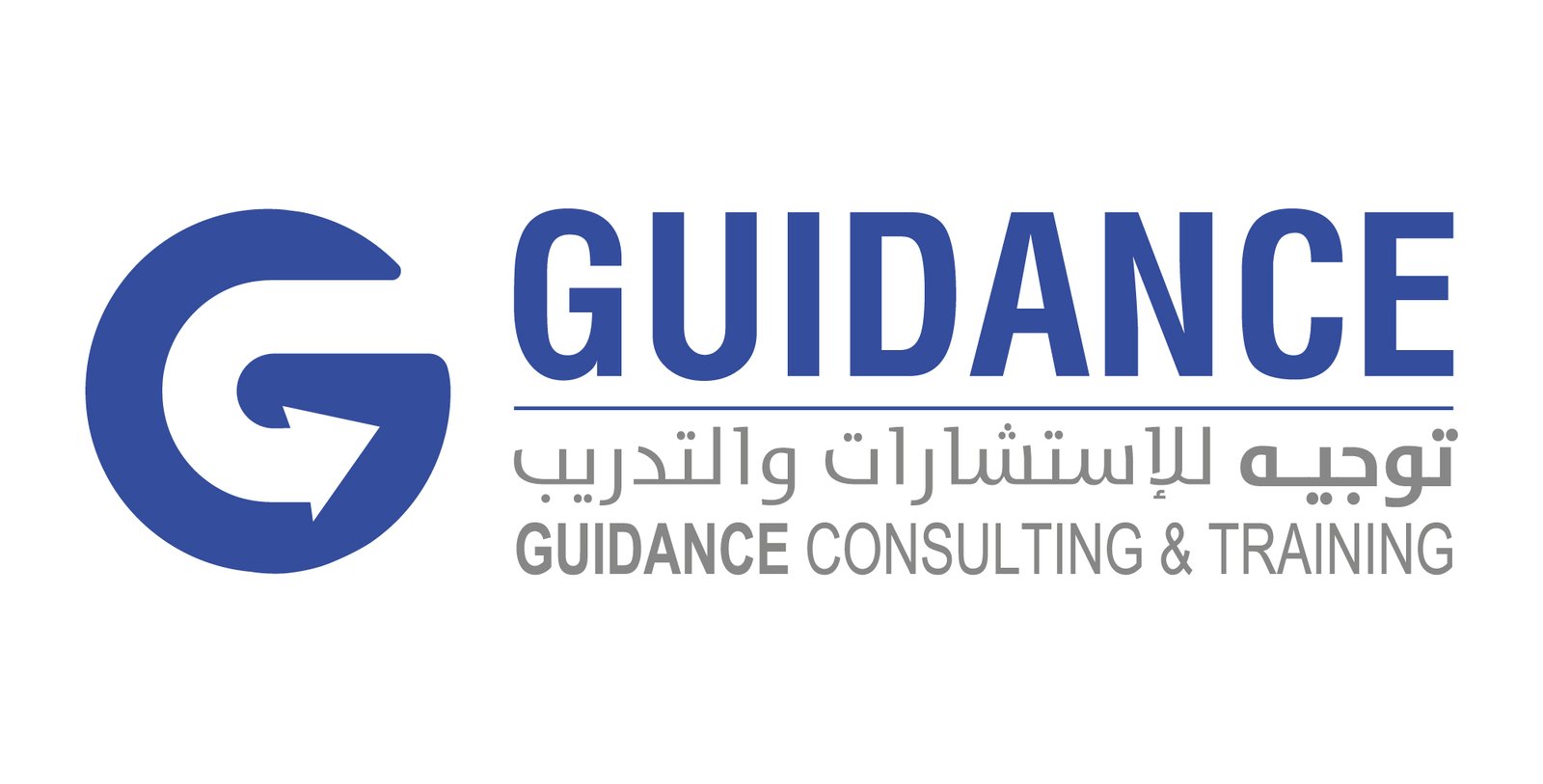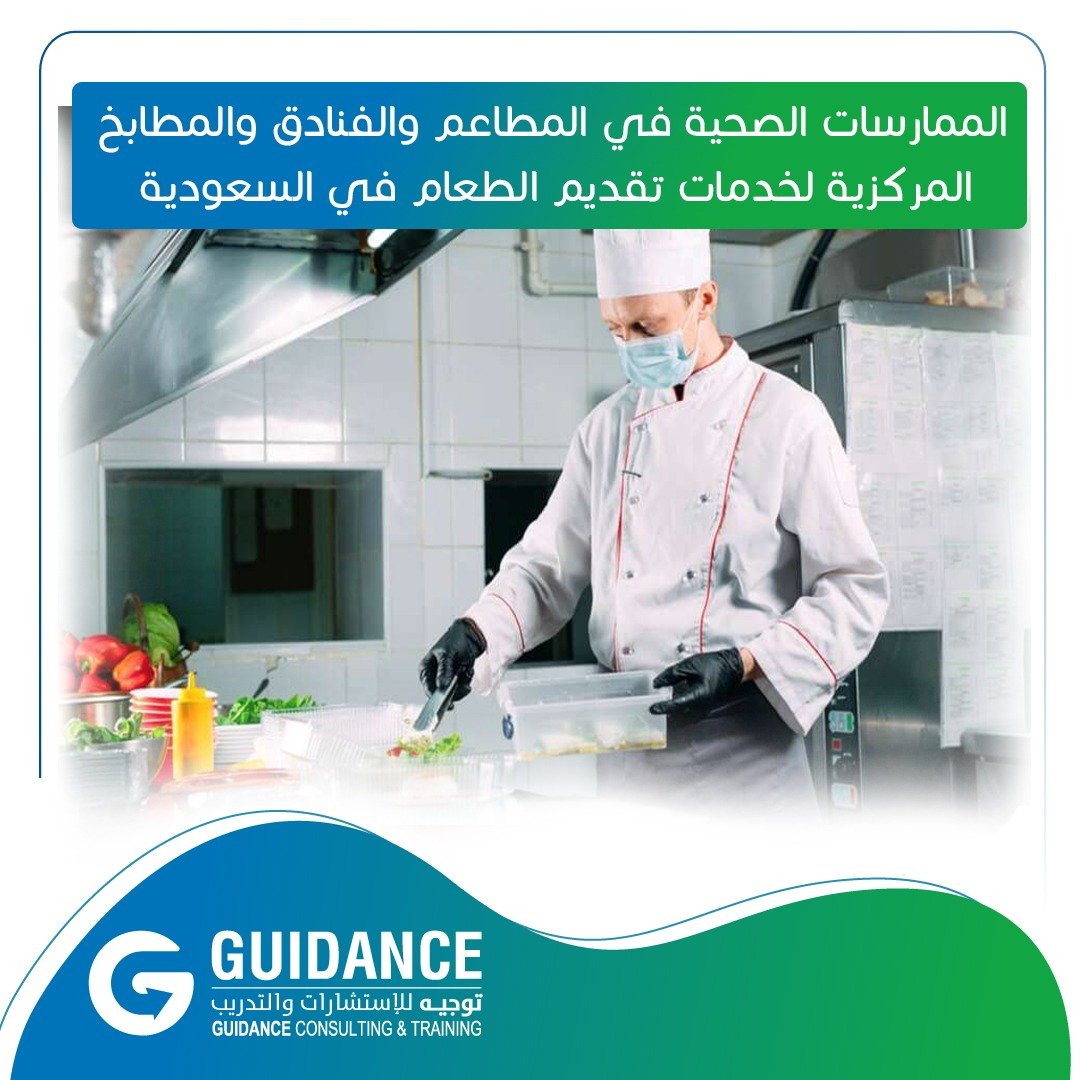Health practices in restaurants, hotels, and central kitchens for catering services in Saudi Arabia
The importance of health practices in restaurants, hotels, and central kitchens for catering services in Saudi Arabia should not be overlooked. All food workers must be aware of food safety standards and health practices and understand their responsibilities and role in applying the best possible practices to meet the requirements of providing safe food and complying with the laws regulating restaurants, hotels, and central kitchens from the Saudi Food and Drug Authority and other authorities.
Research shows that approximately 2.4 million instances of food poisoning are recorded annually in the United Kingdom, with this figure having doubled over the last ten years. The problem may be even more severe in nations where societal and individual attitudes toward food safety are minimal, highlighting the crucial need to enhance the measures and standards regulating the work of all companies and institutions within the food chain.
It is not only about food service providers or manufacturers; it extends to all elements within the food chain, including raw material suppliers, farms, feed manufacturers, logistics and transportation providers, etc.
You may have a lot of information about food safety standards, but this article provides updated information to help your facility better implement food safety standards and health practices.
What is Food Hygiene?
Food Hygiene is a term used to describe the important processes that must be followed to store, handle, and prepare food and drink in a way that reduces the risk of people contracting microbes and diseases transmitted through food.
The primary purpose of following food hygiene practices policies in restaurants is to create a framework that reduces the risk of food contamination and transmission of diseases to food consumers.
Important elements for keeping food safe and clean within the food facility:
- Cleaning Procedure: All kitchen and restaurant equipment must be cleaned thoroughly, including kitchen utensils and outdoor areas surrounding the place, like surfaces, floors, drawers, and boxes containing equipment, tools, and tableware.
- Preventing cross-contamination: Cross-contamination is the transfer of pollutants and bacteria from one place to another within the food facility by individuals and tools. To prevent cross-contamination, this is done by establishing strict procedures, including, for example: using colored cutting boards and knives, each color symbolizing a specific type of food. The meat knife is red and the knife used to cut fresh vegetables is green. Raw and cooked foods must be stored separately, and all surfaces, tools, and floors must be cleaned and disinfected periodically and regularly and when needed. All of these procedures are your tools to prevent bacterial contamination.
- Personal hygiene: This must be done by wearing appropriate uniforms and clothing, washing hands regularly, rigid procedures to educate employees to report any illness symptoms, and training employees on personal hygiene procedures regularly.
- Cooking temperatures: All food served to customers must be kept at the appropriate temperature and cooked properly to prevent the growth and spread of potentially harmful bacteria.
- Allergen control: All restaurant employees must be aware of the 14 most common food allergens and must try to prevent cross-contamination resulting from these allergens.
- Safe food storage: All food in the restaurant must be labeled and dated appropriately and stored at the appropriate temperature. All employees who handle and serve food must undergo training on what types of food can and cannot be stored near each other. This helps reduce the risk of food poisoning.
Why should restaurants comply with Food Hygiene standards?
There are many reasons why hygiene practices are essential in restaurants, including:
Food hazards and food poisoning

Food poisoning from contaminated food is one of the biggest concerns associated with food preparation, and restaurant staff need to understand the main causes of contamination, how food becomes contaminated, and how to prevent it from happening.
Tiny amounts of food contaminated with allergens, for example, can lead to allergic reactions and food poisoning, which can lead to death in some cases, so all foods must be prepared safely and in a healthy environment.
Training and professional development for individuals help ensure that employees understand the potential risks of food preparation and how to prevent allergies and food poisoning.
Reputation, Penalty Notices, and Closure
In the restaurant and hospitality industry, reputation is everything and it is your capital. A negative online review from an influencer or regular consumer can destroy your reputation and business if their experience with the cleanliness of the restaurant and its staff is not good. It is known that restaurant customers will appreciate your effort when you care about the cleanliness of the restaurant and food quality.
If a customer becomes ill after dining at your restaurant, the likelihood of their returning is significantly diminished, not to mention the negative remarks they may share with friends, family, or online followers. A survey conducted by Zendesk found that 54% of customers share negative experiences with five or more people, while only 33% share their positive experiences.
Training improves quality control and efficiency
Implementing food safety standards and hygiene practices for restaurants helps you achieve profits and minimize waste, as they act as a standard for quality control. Once your restaurant staff is trained on food safety and hygiene standards, you will achieve less food waste, your restaurant will be more efficient in terms of quality and cost, and your restaurant’s reputation will improve. Most importantly, you will gain customers’ trust as a high-quality food provider.
Employees will understand their jobs
Over time, some employees may wonder why they must perform certain tasks in certain ways. However, once food safety training is completed, employees will have a deeper understanding of their responsibilities and roles within the restaurant, which will help them perform their jobs more efficiently and follow the instructions and procedures set by management.
Handle food better
Since your restaurant staff will be handling, preparing, and handling food, they need to do so in the safest possible way. This helps protect customers from hazardous foods while ensuring that high levels of hygiene are maintained for the personal safety of employees.
HACCP and Restaurant Health Practices
HACCP is an internationally recognized method for identifying and managing food safety risks. Building your food safety program based on HACCP principles, you will assure customers, regulators, and supervisors that your restaurant follows reliable food safety standards.
HACCP is a management system in which food safety is addressed by analyzing and controlling chemical, biological, and physical hazards throughout all stages from the production, procurement, and handling of raw materials to the manufacturing, distribution, and consumption.
HACCP Principles
The HACCP system revolves around seven basic principles:
- Conduct a hazard analysis
- Identify critical control points
- Set critical limits
- Create a system to monitor critical control points
- Create relevant procedures for corrective actions
- Verify the effectiveness of your HACCP plan
- Keep records of all procedures and actions within the HACCP plan
Guidance Consulting and Training will help you if you have a food establishment or facility to protect your product/service by establishing and developing a food safety management system for restaurants, hotel kitchens, central kitchens, and food service providers following Saudi laws and international specifications with step-by-step implementation follow-up by qualifying them for the international ISO standards for food safety ISO 22000 and the HACCP system for identifying hazards and critical control points.
Guidance for Consulting and Training
We have the knowledge and experience to help institutions and individuals comply with the requirements of the Saudi Standards and Quality Organization, the Food and Drug Authority, and other entities that impose legal and mandatory requirements in the Saudi market.
To qualify your facility, train its personnel and fulfill the required documents to implement the quality and ISO systems.


